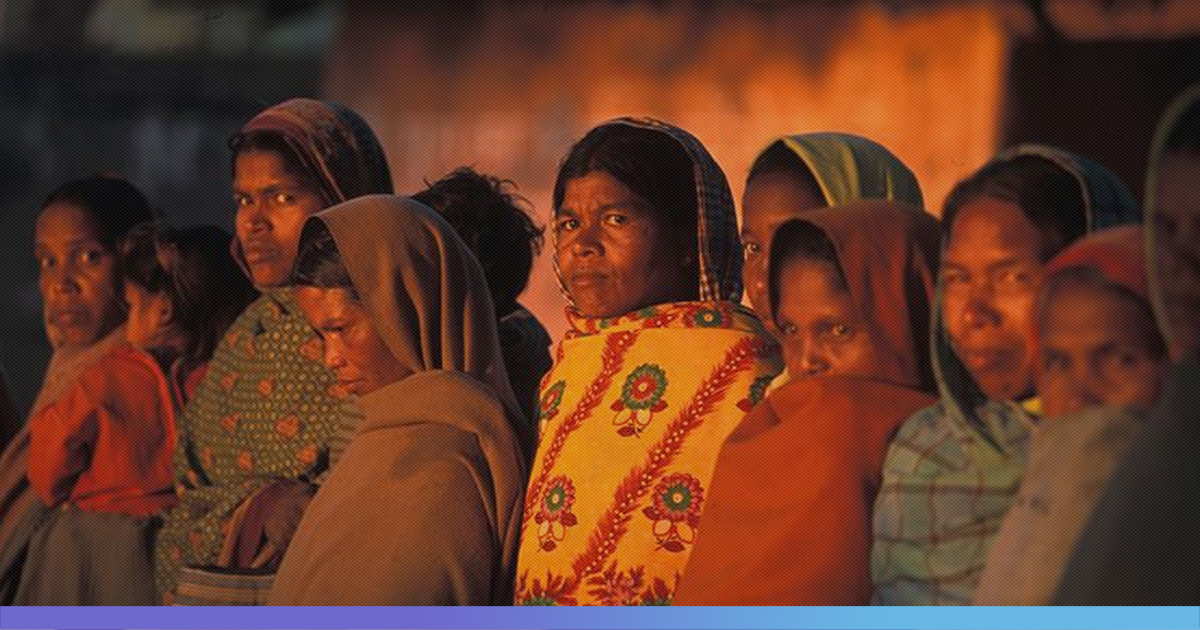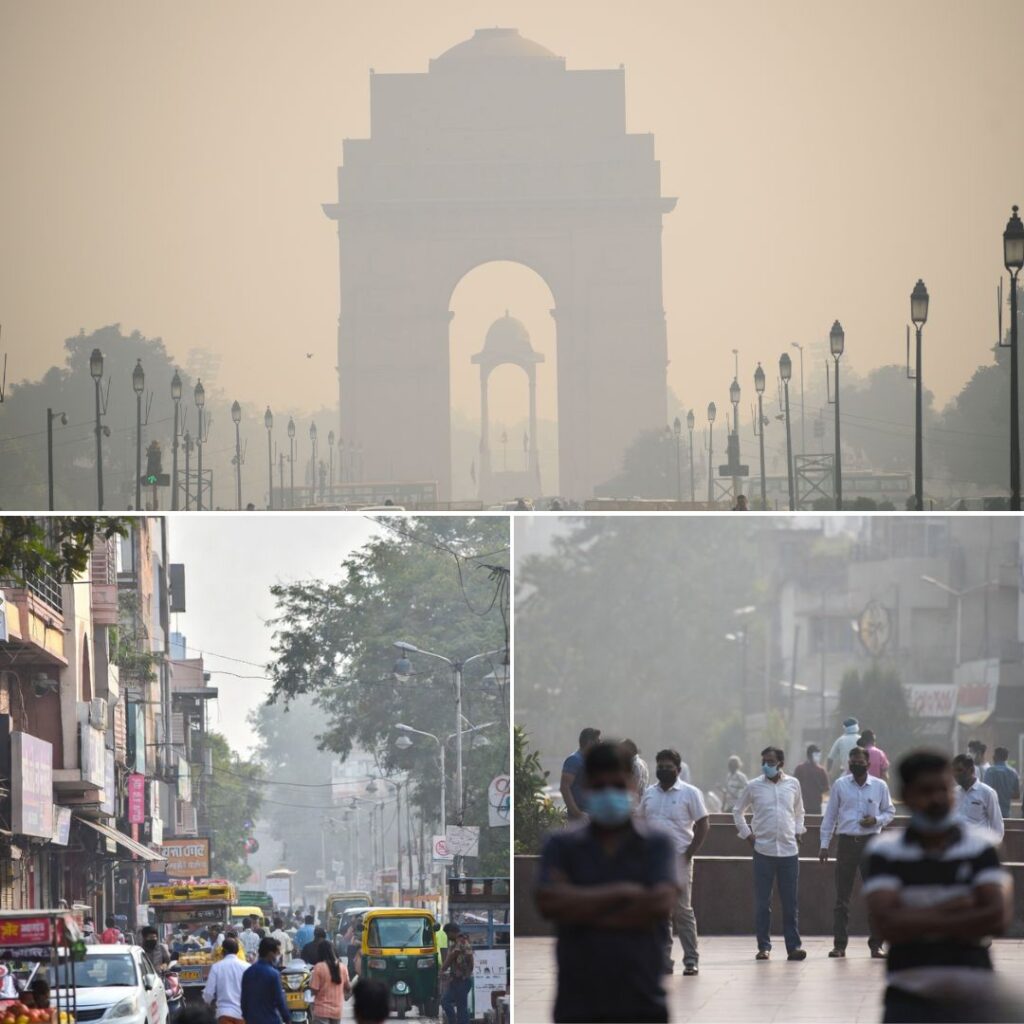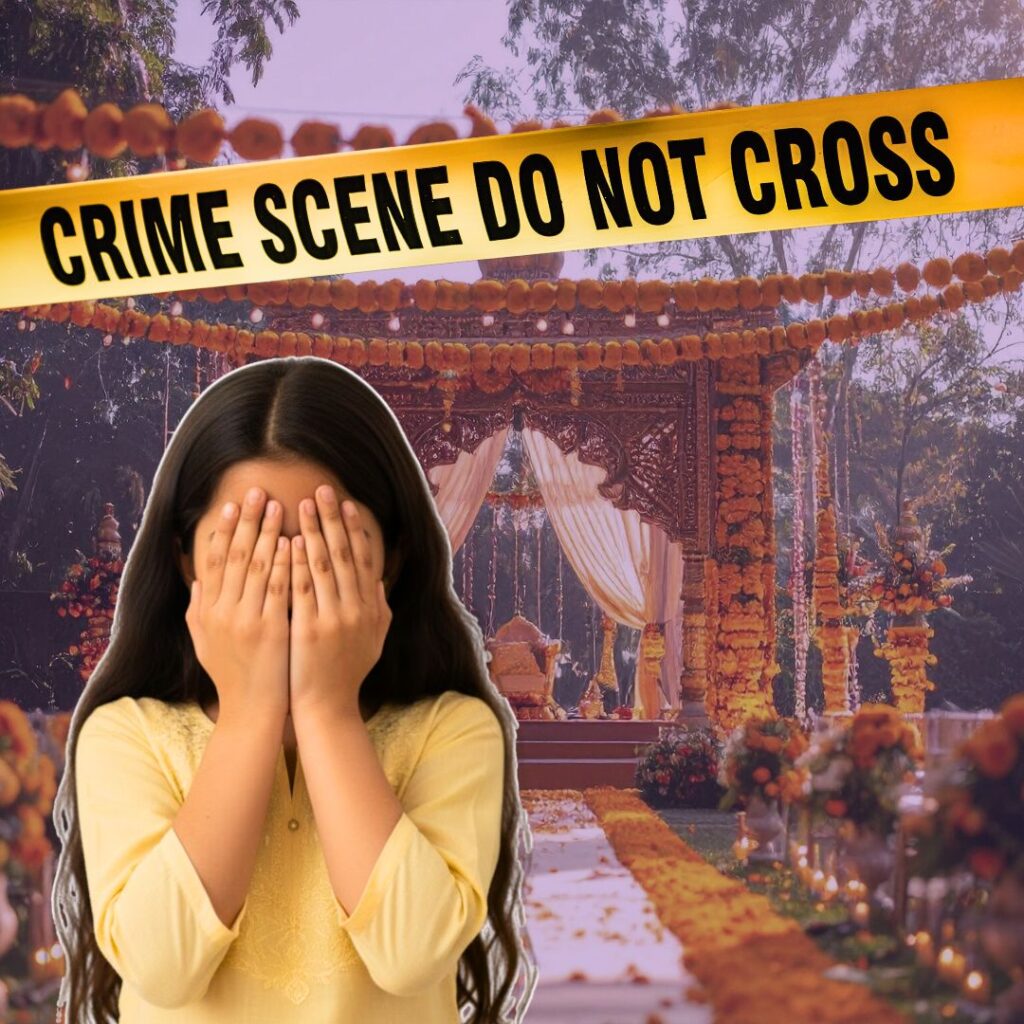India ranked 112 in the world on the gender gap, and is among the bottom five for women’s health, survival, and economic participation, according to the World Economic Forum’s Gender Gap Report.
The report released on Tuesday stated that while Iceland remains the world’s most gender-neutral country, India has slipped down the ladder from its 108th position last year on the World Economic Forum’s Gender Gap Report to rank below countries like China (106th), Sri Lanka (102nd), Nepal (101st), Brazil (92nd), Indonesia (85th) and Bangladesh (50th).
Yemen is stood last (153rd), while Iraq stands at 152nd and Pakistan at 151st.
“The time it will take to close the gender gap narrowed to 99.5 years in 2019. While an improvement in 2018 when the gap was calculated to take 108 years to close, it still means parity between men and women across health, education, work and politics will take more than a lifetime to achieve,” the WEF said.
Geneva-based WEF, an international organisation for public-private cooperation, had released its first gender gap report in 2006 when India was ranked relatively higher at 98th place. Since then, India’s rank has only worsened.
While India has improved to 18th place on political empowerment, it has slipped to 150th on health and survival, to 149th in terms of economic participation and opportunity and to 112th place for educational attainment.
The WEF said economic opportunities for women are extremely limited in India (35.4 per cent) and has also named India among countries with very low women representation on company boards (13.8 per cent).
The report also alerted about the abnormally low sex ratios at birth in India (91 girls for every 100 boys) and Pakistan (92/100). The WEF said that the condition of women in India is precarious and the economic gender gap runs particularly deep.
Since 2006, the gap has significantly increased and India is the only country among the 153 countries where the economic gender gap is larger than the political one. The female estimated earned income is barely one-fifth of the male income, among the world’s lowest (144th).
“Violence, forced marriage, and discrimination in access to health remain pervasive. There is a stark difference in literacy rate; only two-thirds of women are literate compared with 82 per cent of men,” WEF said.
“India ranks high on the political empowerment, largely because the country was headed by a woman for 20 of the past 50 years. But, female political representation today is low as women make up only 14.4 per cent of Parliament (122nd rank globally) and 23 per cent of the cabinet (69th),” the report said.
WEF’s Founder and Executive Chairman Klaus Schwab said, “Supporting gender parity is critical to ensuring strong, cohesive and resilient societies around the world. For business, too, diversity will be an essential element to demonstrate that stakeholder capitalism is the guiding principle.”
The WEF claimed this year’s improvement in the world can largely be credited to a significant increase in the number of women politicians. The political gender gap will take 95 years to close, compared to 107 years last year, the report said.
However, the economic opportunity gap has deteriorated, widening to 257 years, compared to 202 years last year. The report said that one of the greatest challenges to closing this gap is women’s under-representation in emerging roles, such as engineering, data and Artificial Intelligence. Women account for only 14 per cent of leadership roles (136th) and 30 per cent of professional and technical workers.
The WEF said it is committed to at least double the current percentage of women participants at the Davos summit by 2030.
Also Read: Unpaid Work Done By Women Across The Globe Is 43 Times The Turnover Of Apple: Oxfam Study











